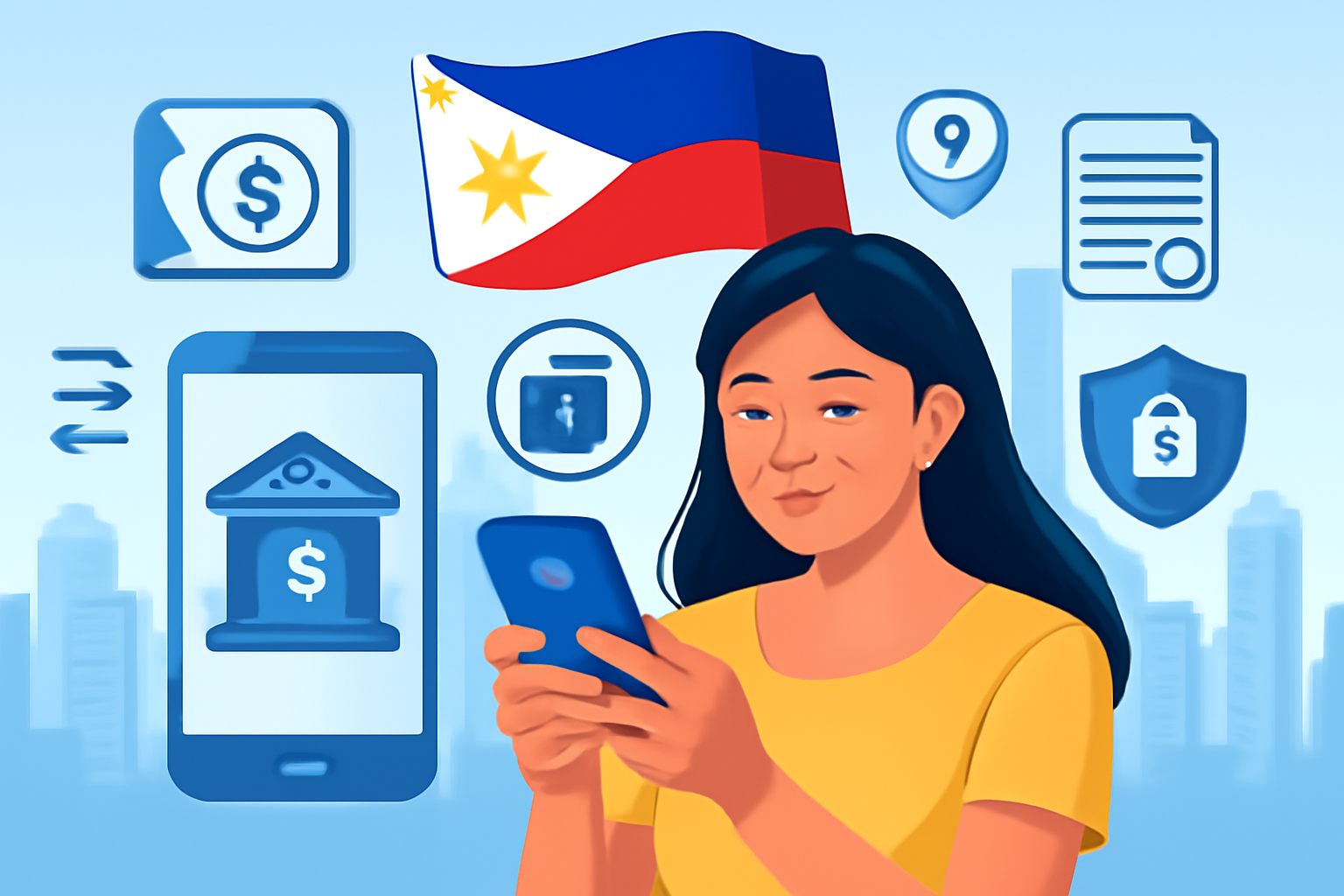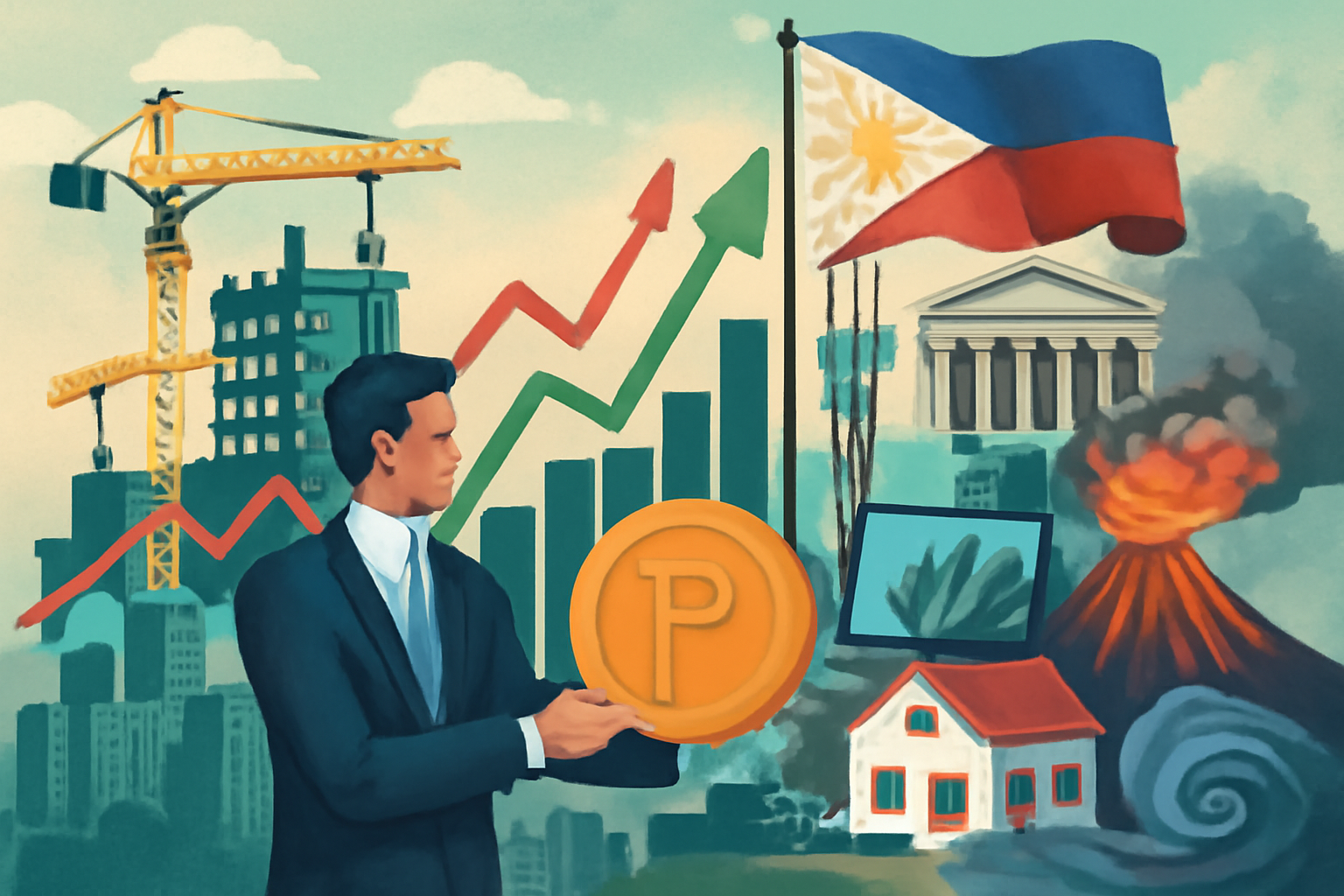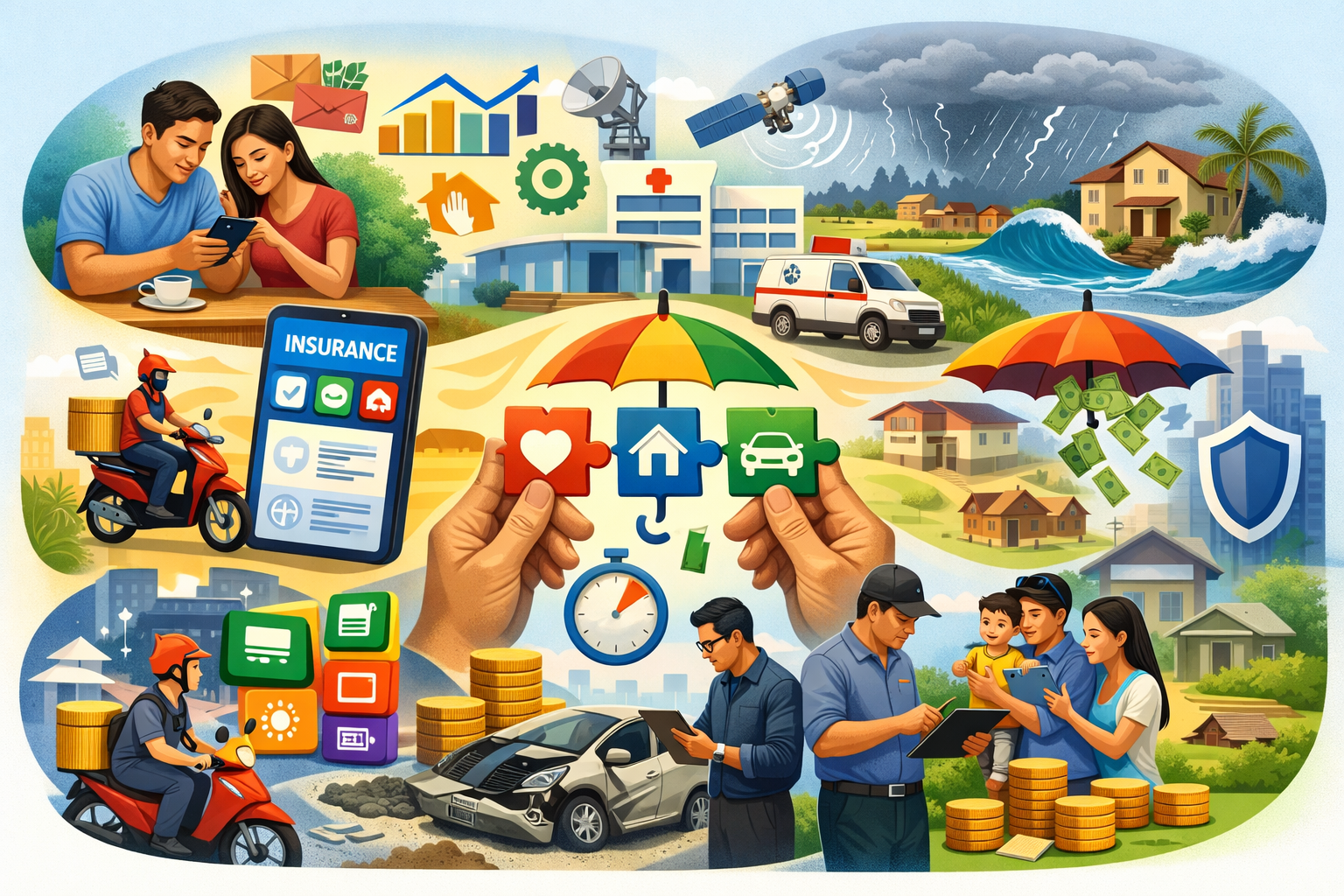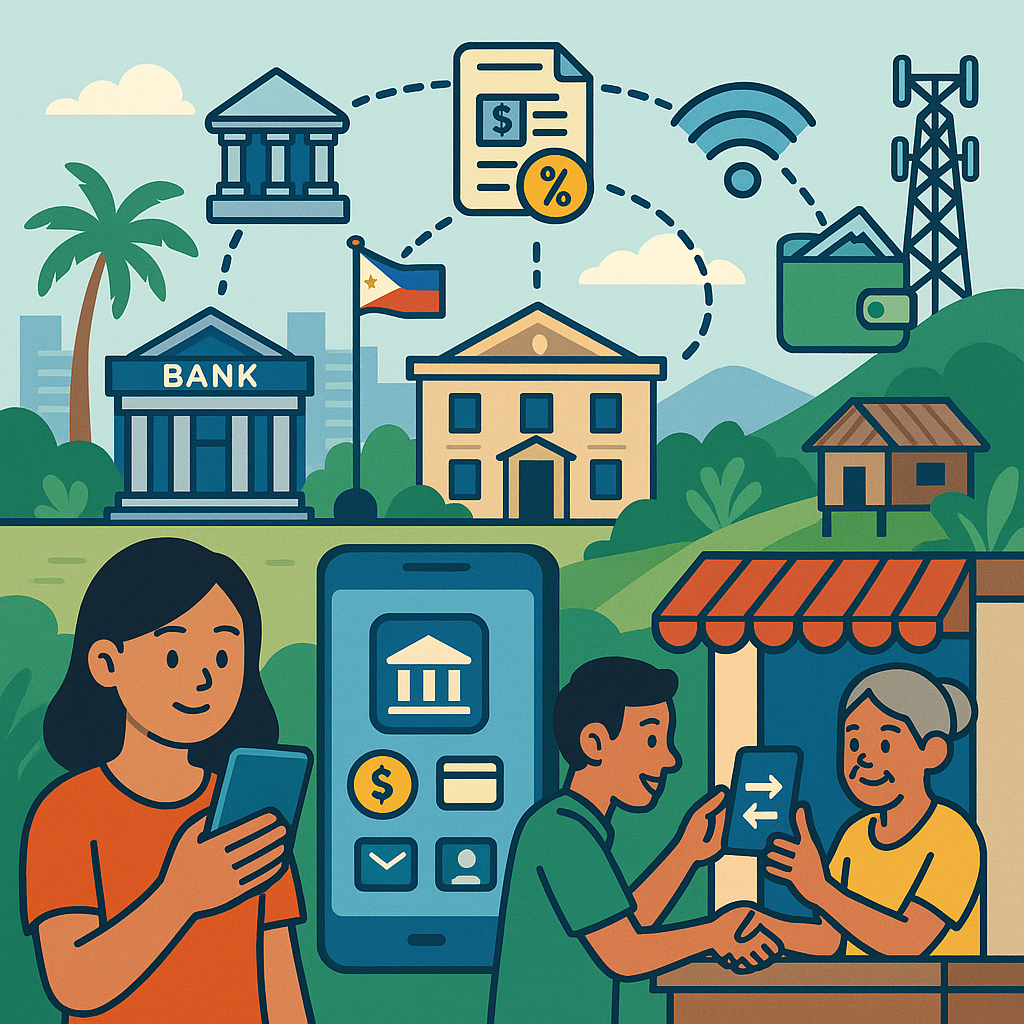The banking landscape in the Philippines is undergoing a profound transformation, driven by technology and innovation. Over the past decade, the country has witnessed a significant shift from traditional brick-and-mortar banking to more digital-centric financial services. This change is being led by the growing demand for convenience, speed, and accessibility in banking services.
Mobile banking is at the forefront of this revolution. With more than 76 million mobile phone users in the country, banks are investing heavily in mobile platforms that allow customers to manage their finances on the go. Mobile banking applications such as BPI Mobile, UnionBank Online, and GCash have empowered Filipinos to perform transactions without the need to visit physical bank branches. From transferring funds to paying bills, these platforms provide a one-stop solution for everyday financial activities.
In parallel with the growth of mobile banking, digital wallets have also become popular in the Philippines. GCash and PayMaya, two of the largest digital wallets in the country, have facilitated the transition to a cashless society by allowing users to store funds digitally, make payments, and transfer money without the need for a bank account. This innovation has been especially valuable during the COVID-19 pandemic, as it provided a safe, contactless alternative to traditional payment methods.
Another significant innovation in the Philippine banking sector is the integration of artificial intelligence (AI). AI is being used in various aspects of banking, from customer service to fraud detection. AI-powered chatbots have become common in mobile banking apps, providing customers with real-time assistance. Additionally, AI is being employed to analyze customer data, offering personalized financial products and services that cater to individual needs.
Despite the advancements, challenges remain, particularly in ensuring cybersecurity and addressing the needs of the unbanked population. However, the government’s efforts to implement digital infrastructure and promote financial inclusion are making strides toward overcoming these obstacles.




